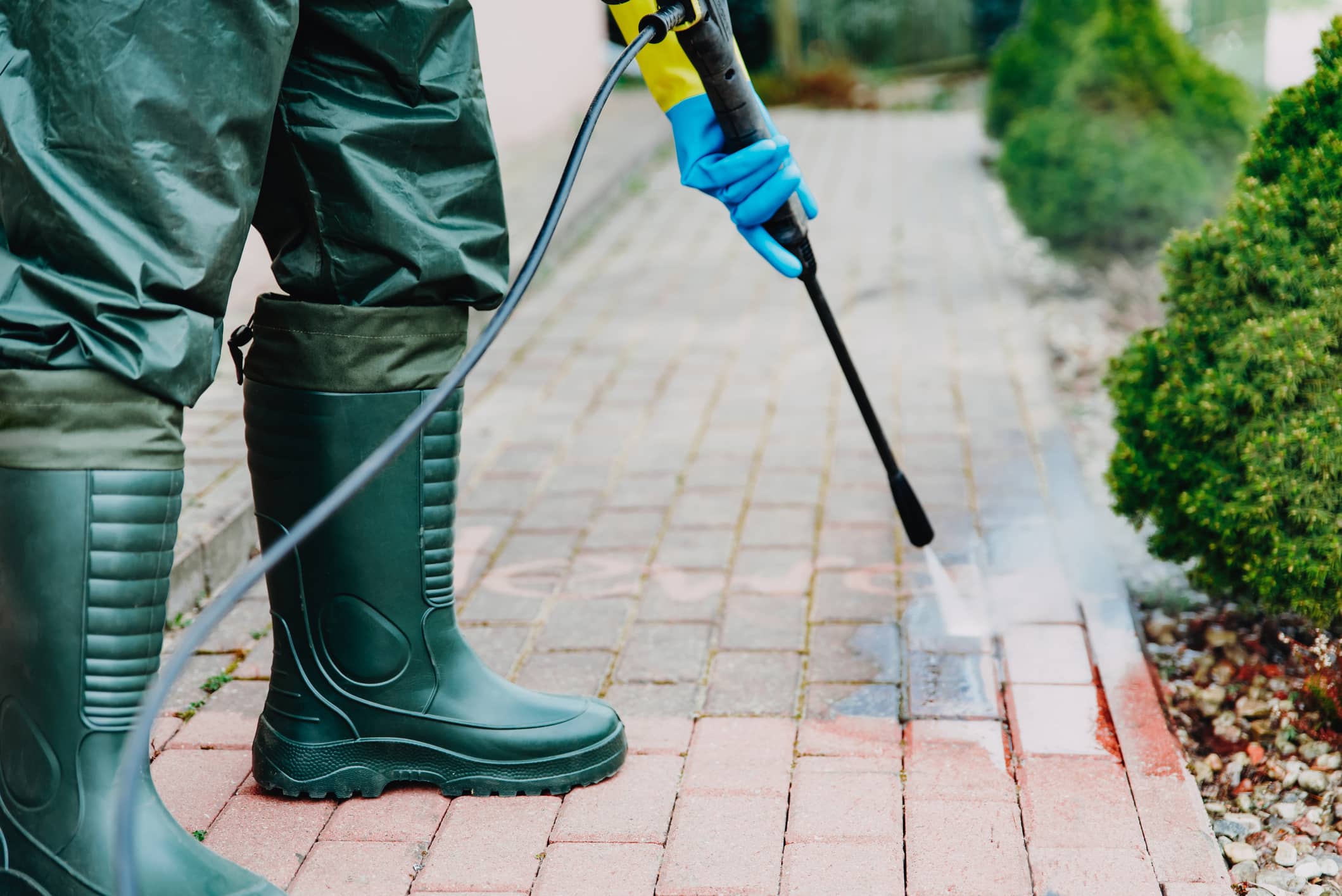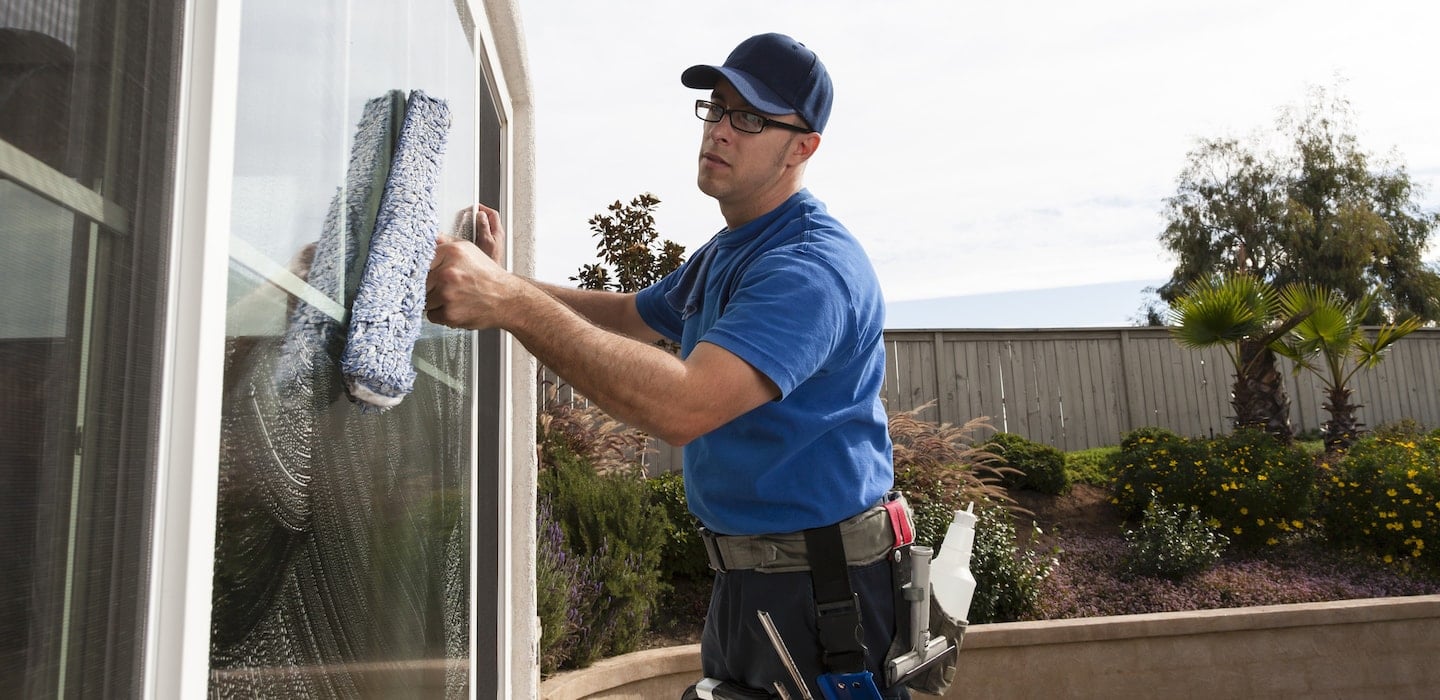If you like keeping your space immaculate and orderly, then a career as a professional cleaner can bring you joy—and an income. But how much do house cleaners make?
To be competitive and fairly compensated for your professional services, you need to negotiate your wages and contracts. This salary guide will cover cleaners’ average hourly and yearly wages, plus the factors that impact your income, how to maximize your earnings, and how to protect all that hard-earned money.
Roll up those sleeves! It’s time to get your hands dirty.
House cleaner salary range
According to the U.S. Bureau of Labor Statistics (BLS), the mean annual wage for maids and housekeepers—who perform light cleaning like making beds and vacuuming rooms in homes and businesses—was $26,810, or $12.89 per hour in 2019. 1 As with any profession, annual salaries can vary:
- The lowest 10% of earners made an annual wage of $18,680.
- The highest 10% of earners made an annual wage of $37,900.
Location – Where you work
States with higher annual salaries, property costs, and inflated market prices will also pay more for house cleaning services—especially those on the west and east coasts. For example, these expensive states pay the most for housekeepers:
- California ($15.81), which, notably, has just over 100,000 employed house cleaners
- Massachusetts ($16.02)
- New York ($18.05)
- Hawaii ($18.63)
- District of Columbia ($19.35 hourly mean wage)
In contrast, the southern states—Texas, Oklahoma, Alabama, and Tennessee —yield the lowest mean annual salary (between $19,190 and $22,780).2
Location is about more than just the geographical region, though. It also applies to neighborhoods with larger homes and wealthier customers, and those in metropolitan areas, so price accordingly.
Business model – How to find clients
The employment path you choose will impact your wages and other job factors:
- Freelance – A solo endeavor means you rely heavily on word of mouth, positive reviews, and entrepreneurial savvy. However, you have the autonomy to set your schedule and rates. And to be picky about your clients!
- Join a company – A housekeeping company will likely set the rates and take some of your profits off the top. On the other hand, they’ll provide consistent customers and a reputable name. They may also handle some logistics like scheduling, marketing, and taking payments.
Setting a rate
As you see, there are plenty of factors that affect how much money you make in a year. But you have power over the rate you set. If you freelance, you can charge your clients an hourly rate or set a reasonable flat rate.
Before you do, ask for a full picture of the clutter you might be walking into before you agree on a price point on your house cleaning service. Factor in these specifics as you negotiate with a new client:
- House size – The bigger the house, the bigger the fee.
- The size of the mess – Are there four kids, two dogs, and a newborn baby in the picture, or an older couple living a relatively calm life?
- How often you clean – Consistent weekly cleanings make for a quick tidy-up each subsequent visit, but monthly or more infrequent cleanings require more time and effort for each session and a heftier price. Set different prices for regular visits, initial deep cleans, and full-scale moving-in-or-out scrub downs.
- Special requests – Anything that costs you more time, energy, or money should factor into your price. Do you use eco-friendly cleaning products, work on your “off” hours, or fold the laundry? Then ramp up your fee.
- Tips from other cleaning professionals – We surveyed veteran cleaning professions to learn how they price cleaning jobs. Find out their top tips in our house cleaning pricing guide.
How to maximize your income
Once you’ve ventured out on your own, you’ll need a game plan for growing your cleaning business, including landing better clients and even bigger paydays. Here are the steps to follow:
- Grow your client base – Build positive relationships with clients who can then refer you to their network. You can even offer a referral program where the new client gets a trial cleaning for free and the existing customer gets a discount on their next session.
- Optimize your efficiency – Streamline workflow with a detailed house cleaning checklist. Create your schedule based on clients’ locations to cut down on travel time.
- Eliminate extra expenses – Find wholesale and bulk discounts for your cleaning products. Use your network to land new clients rather than relying on third-party apps, hosting sites, and directories that charge a membership fee. Finally, look for cost-effective alternatives to advertising services, such as social media.
Protect your business
You know how to keep things tidy, and under control—when it comes to houses, anyway.
The second you enter a client’s home, you’ve opened yourself up to potential accidents and mishaps. A lawsuit can really muck things up. To protect your business the way you conquer messes, buying general liability insurance should be part of your business plan.
It protects you by providing investigation and defense from claims, and paying for damages related to claims of:
- Bodily injury to a third party, such as a client
- Property damage
- Personal and advertising injury
With Thimble, you can opt for Cleaning Business Insurance that works when you do. Whether you need monthly, weekly, daily, or even hourly coverage, you’re only paying for what you use.
Just download the Thimble mobile app or click “Get A Quote” on the website, answer three quick questions and get coverage in seconds. Best of all, get as many Certificates of Insurance as you need.
Polish your business
You work hard to leave your clients’ homes in pristine condition. So why not take care of yourself in the same way?
As you maximize your income and grow your house cleaning business, don’t forget to detail your own practices: negotiate a fair price point, maintain positive relationships with your client base, and buy insurance coverage to protect yourself from spills.
Sources:








